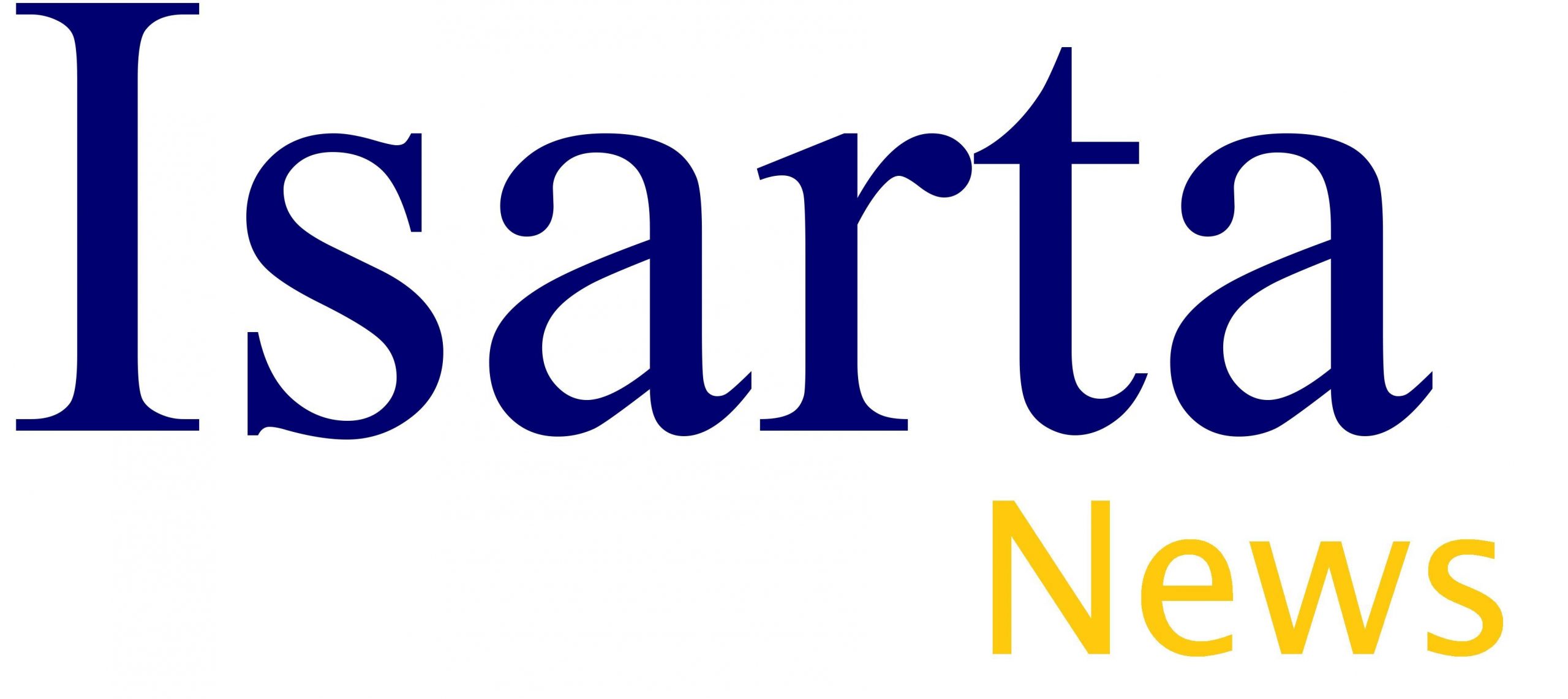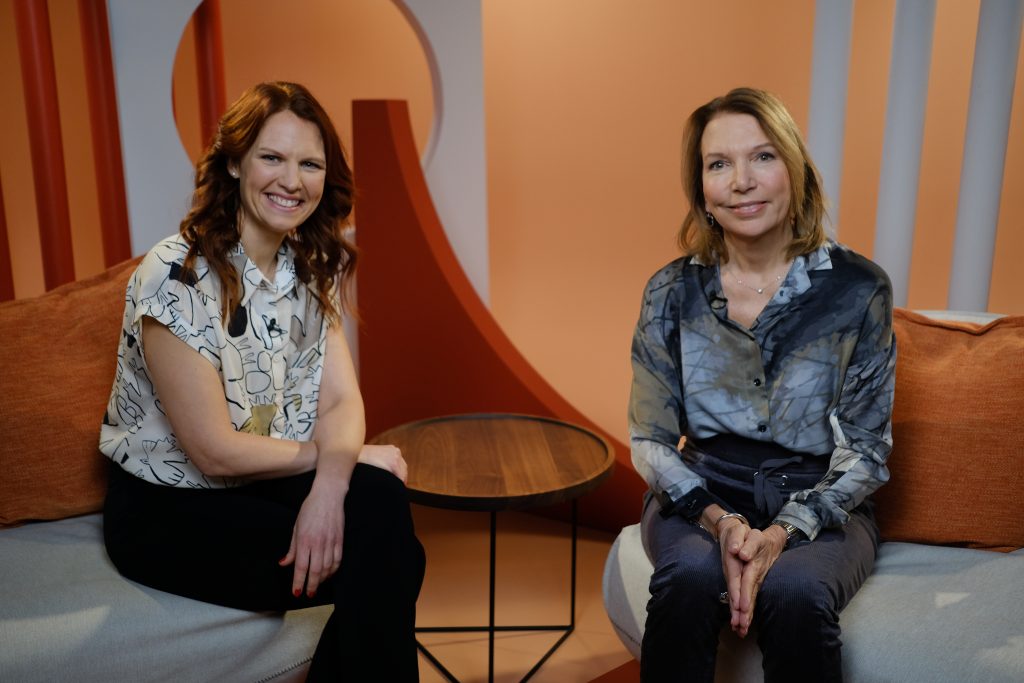In this new episode of Vecteur H, the program dedicated to HR issues broadcast in partnership with Isarta, Émilie Pelletier welcomes Isabelle Lord. The president of Lord Communication managériale explains how to ask questions properly. A more difficult exercise than it seems!
Everyone has been programmed since childhood to ask questions. It is our way of learning or interacting with someone. A skill acquired by default? Not really, according to Isabelle Lord, for whom asking questions is an art!
According to the president of Lord Communication managériale since 2008, it is important to take a step back from questions so that this exercise, which may seem innate and natural, can really generate benefits for your organization.
Asking questions is an opportunity to ignite collective intelligence,” says Isabelle Lord, CHRP, Distinction Fellow and Professional Coach (PCC).
The 3 essentials to know
How do you ask good questions? The renowned speaker and author of 5 books, including “The Art of the Question”, presents three essentials beforehand:
1. Master the form of the question
In other words, give preference to open-ended questions over questions that only lead to binary yes/no answers. Example: instead of asking an employee “Have you thought about doing this?” or “Is this the best idea for this project?”, it’s better to say “How are you going to do it?” or “What would be the best alternative to achieve this result?”
2. Pay attention to your attitude
A question is a matter of verbal and non-verbal. The interviewer must feel that the approach is sincere. So it’s not enough to ask a good question… you also have to be interested in the answer! In the same way, it is necessary to tolerate silence at times, while the person thinks.
Leaving a little space means giving yourself the chance to bring out things that come from the person and that will engage them deeply,” assures the expert contributor to the HEC Management magazine.
3. Define a strategic intent
Each question must have an underlying strategic intention. This intention can be in the family of understanding (identifying the issue, taking the pulse of a situation, etc.) or of development, correction, adhesion, etc. In short, it must respond to a specific need. In short, it must meet an objective.
Characteristics of a good question
Isabelle Lord then lists the factors of a good question.
1. Contribution VS Contamination
A first distinction must be made between questions that will contaminate, i.e. that make people feel uncomfortable (“How come you didn’t think of that?”), and questions that will contribute. The latter will make individuals more responsible (“What would be the alternatives to get there?”). Isabelle Lord also talks about “detective” questions. The famous “why did you do that?”.
The why usually puts people on the defensive. Whereas in an interaction, we are looking for accountability. The ‘in your opinion’ is a nice precautionary phrase that reinforces one’s strategic intent,” says the recipient of the 2016 Quebec Government Award from the Quebec Business Women’s Network.
2. Short Questions VS “Milky Way” Questions
It’s better to opt for specific questioning than vague and broad requests that usually intimidate and surprise, such as “What do you think?” It’s better to force the other person to make a move, such as asking, “If we were to take one action, what would it be?”
3. Open questions VS closed questions
As a leader, there are different possible tenses. The statement is an expression of one’s vision and leadership. But questioning is a way to elicit accountability from the troops and closeness.
4. Simple question VS Machine gun questions
Another trap: not having thought about your question beforehand, formulating it in your head, asking it… and then asking a second and a third one in the process to clarify your thoughts. This disturbs the person in front of you and has a disengaging effect!
A skill that everyone can use by developing a communication routine
According to Isabelle Lord, whose company has helped more than 170,000 executives, managers and professionals develop their communication skills, anyone can ask good questions, regardless of the environment. However, it is important to be aware of the importance of communication in one’s work and to constantly set a conscious intention for each communication gesture (mobilize, reassure, raise awareness, etc.).
One of her favorite questions? “What do you give yourself as a game plan?”. It allows for both empowerment of the person and putting them into action. For a more complex mission, it is possible to use its variant “What do we give ourselves as a game plan”, which has the advantage of not leaving the person alone without help.
Once managers grasp the complex and subtle process behind an issue, they will quickly see the benefits in getting their teams to take initiative. And generate ideas they hadn’t thought of. Collective intelligence is set in motion!




